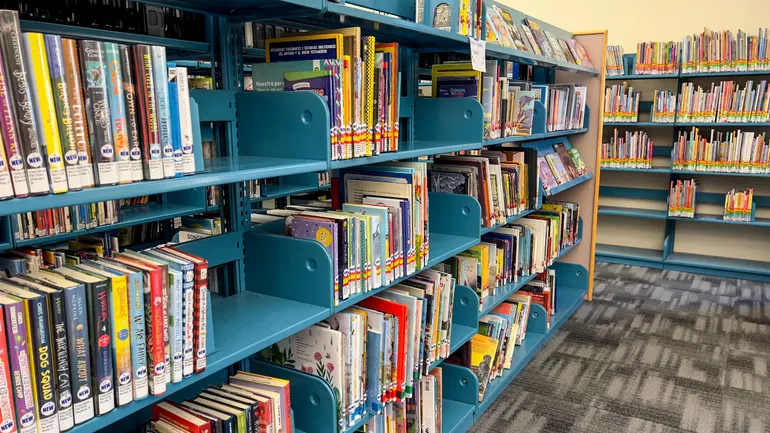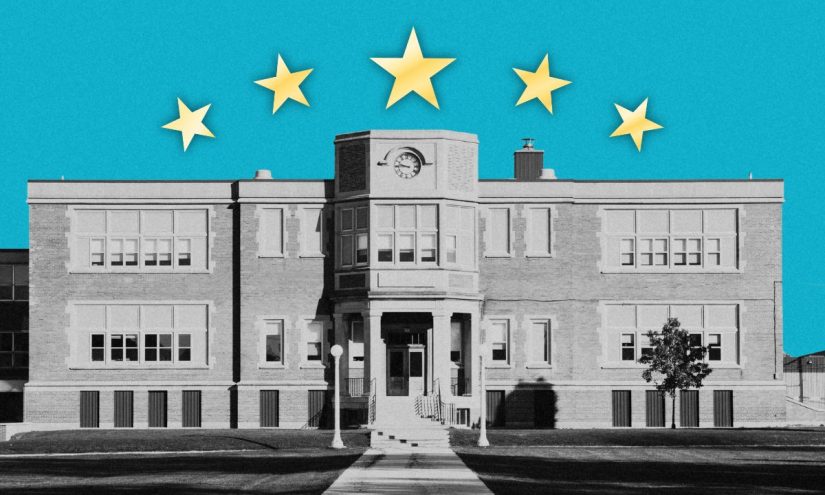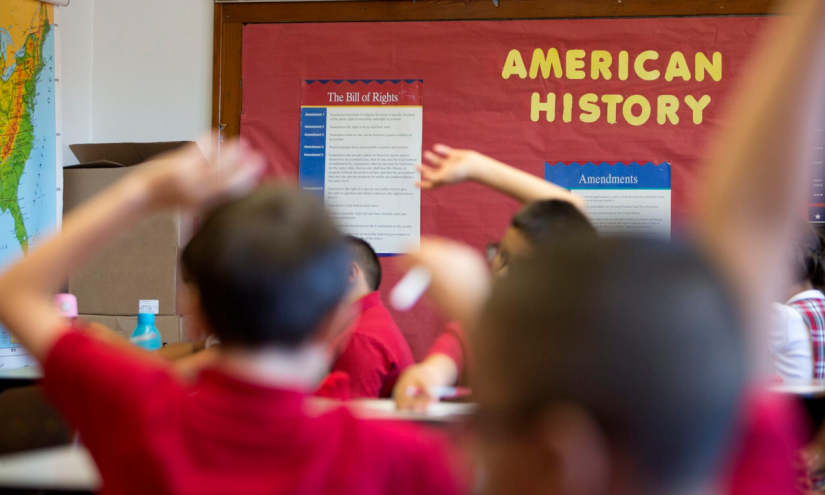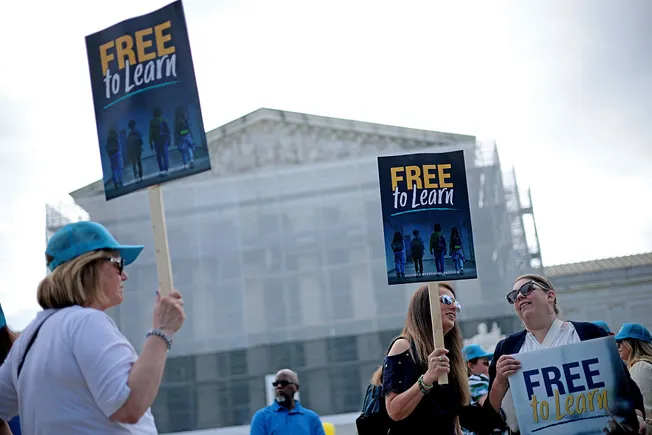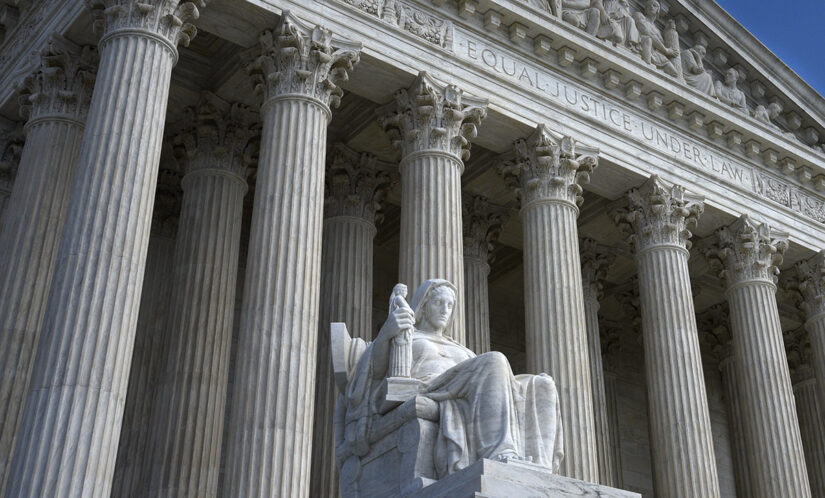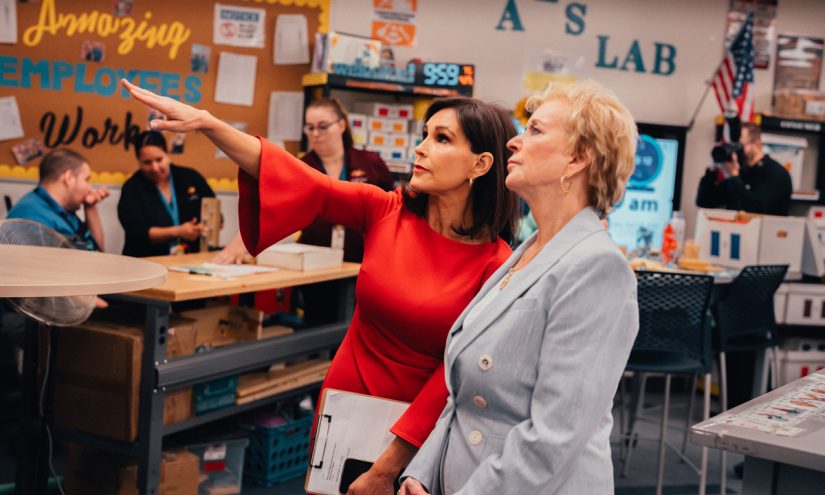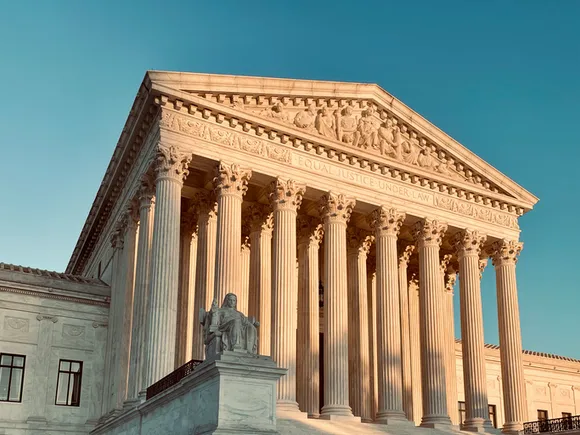Dive Brief:
- Guadalupe Centers Middle School in Kansas City, Missouri, increased reading achievement among students in grades 6-8 through its Aztecs Read initiative, despite not having a school librarian.
- The initiative at the Title I charter school where 70% of students identified as English learners helped establish classroom libraries, host author visits and hold reading challenges.
- Schools that lack librarians need to get creative to ensure that they’re adequately nurturing young readers. Nearly 30% of public schools operated without even a part-time librarian in 2020-21, up from 25% in the mid-2010s, according to data from a joint report titled “Schools Without Librarians,” published in 2024 by Antioch University Seattle and the Institute of Museum and Library Services.
Dive Insight:
The need for literacy experts is especially pronounced in charter schools, 70% of which had no librarian in 2020-21, according to the joint report. Of smaller schools with under 200 students, nearly two-thirds lacked librarians, as did about a third of high-poverty schools, the report noted.
Although Guadalupe Centers Middle School lacks a library, in the wake of the school’s recently implemented Aztecs Read initiative, students in 6-8 grades in 2022-23 averaged 3.67 points of Rasch UnIT — or RIT — growth on the NWEA reading assessment, which accelerated to an average of 6.17 RIT points in 2024-25, the school reported.
With about 370 students, Guadalupe Centers aims to serve as a hub for Kansas City’s Hispanic community, said Christopher Leavens, teacher and lead for English/language arts, who led the establishment of Aztecs Read as an initiative to put a library in every classroom along with various related initiatives such as author visits and an online reading log. A multipurpose room had served as a library—but without a staff librarian, possibly for the school’s entire history.
“I’m an English teacher, and I believe so much in students being able to have good literature, and stories that speak to their culture,” said Leavens, who’s been teaching for 14 years and is in his fourth year at Guadalupe Centers. “Independent reading is so valuable in developing their reading and writing, and in developing who they are, as people — communications skills, empathy, connection. I felt it was important for me to build that up.”
The initiative began during Leavens’ first year at the school, solely in his 7th grade classroom. But toward the end of the school year, he decided that the entire school, which has a total of nine classrooms devoted to students in various places along the English-language journey, should have a dedicated classroom library, and his colleagues, school leaders and the district stepped up to help. For those in the early stages of English language development, the books are in Spanish, but as they advance along the continuum, they move to English-language reading.
“We built it out over time,” he said. “Beyond getting books in the kids’ hands, we’ve tried to build up a reading culture. … Our district has been incredibly supportive of us, financially, to invest in the classroom libraries and build it out.”
Beyond the classroom libraries, Aztecs Read has hosted author visits — including with Pedro Martín, who wrote the graphic memoir “Mexikid.”
“He was able to come in, give a presentation, sign books and have lunch with our kids,” Leavens said.
The program has also invested in the online reading log Beanstack, which enables students to track their reading progress. “It can provide more infrastructure, accountability and build out reading to the home and get parents involved,” he said.
That tracking capability led to “Book of the Break” challenges, during which the school provides different tiers of incentives for students to read over school breaks for at least 10 minutes every day, Leavens said. Those who do enter a drawing for the grand prize, a pair of headphones; or the second prize, one of 10 gift cards to AMC Theatres, which were donated after a teacher reached out to the company.
At the very least, students — who typically wear uniforms — get to enjoy a dress-down day, he said.
“Not all kids are in homes where they have books, or reading role models,” Leavens said. “Getting kids to read is not always easy to do. … The team we have, too, is so resourceful and hard-working. We still have a lot of work to do, but we’ve been able to build up the amount these kids are reading for fun, and their enjoyment when they have read.”

